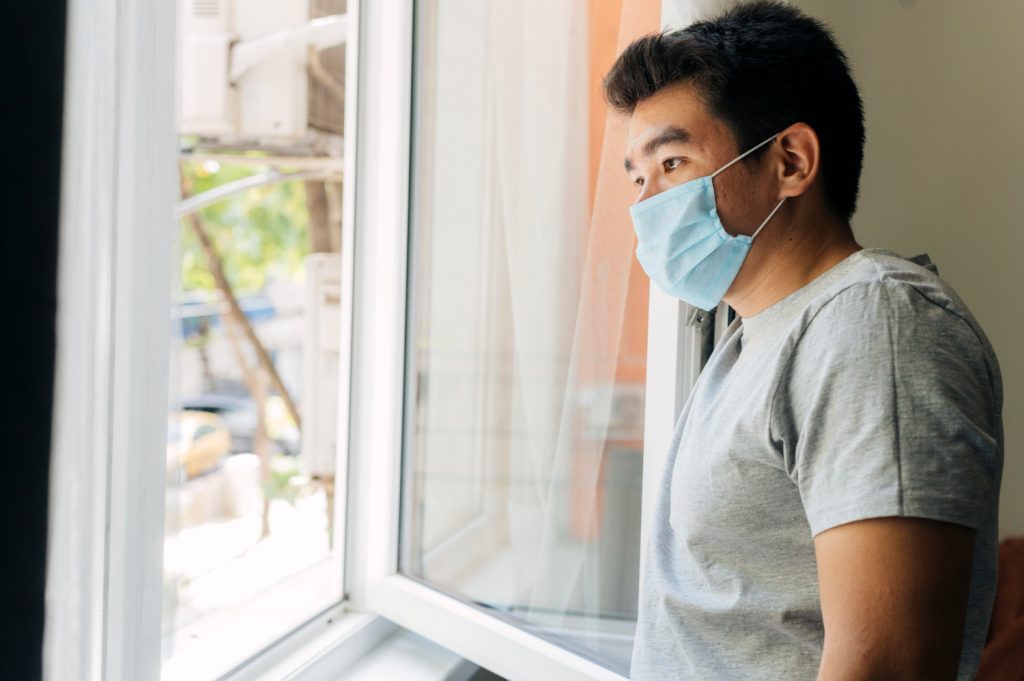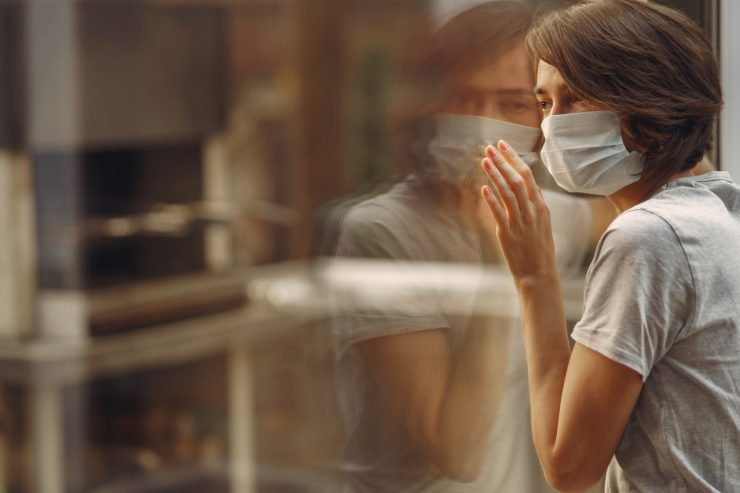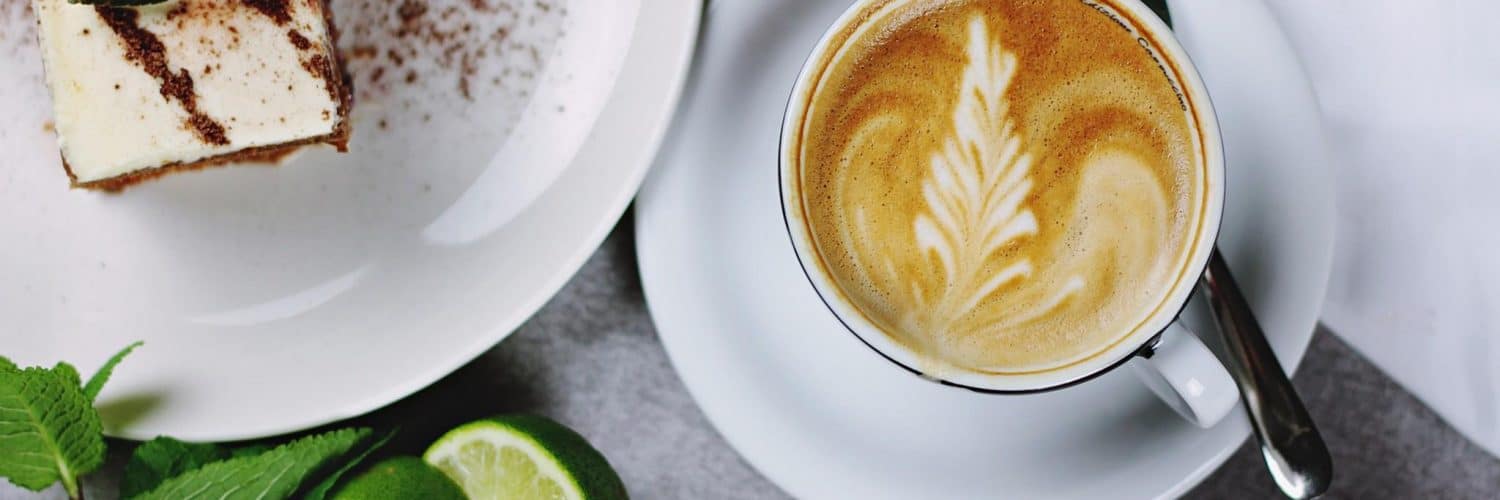The Lives of all the people had changed drastically in the pandemic world. Being at home and doing everything virtually had become a regular chore.
Stress and anxiety, sadness had become part of life, though, for some people, this was the most productive time of their lives.
But as the population is vaccinated, life starts to shift back to normal as before the pandemic.
There’s a new fear of getting exposed to people, leaving the comfort of our homes. Though it’s not going to be easy, together, we need to work to cope and help everyone around us cope with life after Covid 19.
7 Tips for a Healthier life after Covid 19
People who have been fully vaccinated are protected against Covid 19, but they still need to take precautions.
With institutions and entertainment places resuming, we need to take special care of ourselves to stay healthy.
To face challenges coming up, staying healthy is very important. Let’s look towards 7 tips to stay healthier and happy after covid 19.
- Take care of skin
As you start to leave home, it’s important to take care of your skin. Use cleanser, face wash, and if necessary, apply sunscreen to avoid tanning and look fresh. Wash your face after you return from work.
2. Lower your stress
Taking stress lowers your performance. So, put some time for yourself in a schedule and relax to lower your stress. As we get back to normal life, Inculcate good habits to avoid stress.
3. Move more
Make it a habit to exercise. If you can’t manage to go to your old exercise routine, make it a habit to move during your work hours. You can go for simple running or cycling to have a good start to the day.
4. Get enough sleep
Give enough time for your mind and body to relax and recover from daily work stress. Avoid being in front of blue light at night time as blue light reduces melatonin’s sleep hormone, which doesn’t allow you to get sound sleep
5. Eat Right
As you get back to normal office routine, avoid an outdoor mess or cafe foods. Try to eat healthy homemade food for good gut and proper nutrition. Eat more fruits, veggies and get some omega3 to reduce inflammation, if any, on your body
6. Allow yourself permission to grieve
Give yourself time to grasp all the changes that happened in your life in the last year. Allow yourself to recover from the losses. Give time and space and help yourself to get out of all these effects of post-pandemic
7. Ask for help if you need it
If you don’t see yourself recovering from the losses, ask your friends and family for help. Communicate to your family doctor and talk about the situation. They would help to cope up with grievances.
How different personality types may adapt to life after COVID-19?
According to various researches, different personalities have different ways of handling a particular situation. Personality traits play an important role in a person’s health and happiness.
Persons with different personalities, such as extroverts and introverts, had their way of dealing with the COVID-19 pandemic. Let’s see in detail how different personality types may adapt to life after Covid-19.
Extroverts
The persons who tend to thrive in social gatherings and gain energy from being around people are extroverts. Social distancing meant a complete shutdown of social gatherings. This negatively affected the lives of extroverts.
So, finding a way to return to a pre-pandemic routine can be relieving for extroverts. They will get back to their normal energy source and begin to live a joyous and life full of happiness and adventure each day.
Introverts
The persons who usually love to spend more time alone than in social gatherings are introverts.
They are sometimes misunderstood as shy or socially anxious, but they enjoy being with others as long as they have time to recharge alone.
Though some introverts might have missed social connections somewhere, they had a realization of self-awareness.
They found more peace and privacy in being away from people. Thus it might be quite challenging for introverts to return at a pace where they need to sacrifice their peace in life after covid
Ambiverts
The persons who have mixed qualities of extroverts, as well as introverts, are Ambiverts.
They relish being alone but can ramp up social attitudes in circumstances that urge it. They are constantly referred to as “outgoing introverts.”
Ambiverts might have dealt with quarantine life better than most extroverts, enjoying themselves with their families.
They would love to return to normal life, their social and work-life. They would love to get back and spend more time with people.
Personality and well-being
According to surveys and researchers, personality traits affect the mental health of people. The way that they deal with stressful situations to a great extent depends on their personality.
Researchers also show the different ways personalities focused on their well-being in the time of the pandemic.
As the pandemic progresses, extroverts somewhere felt the urge to have a social gathering and felt disheartening. With time introverts began to experience a good mood and a move towards a productive life
What to expect after COVID-19
People are getting vaccinated, and life after covid has begun to appear normal. Most of the institutes, entertainment places now have permission to allow vaccinated people.
You can expect your life to return to normal as before the pandemic but with a better version of yourself in such a situation.
You can expect to visit your friends and families far away from you, traveling and having fun in adventurous places and going back to 9-5 jobs in offices from virtual working.
Dining in your favorite restaurants and watching newly released movies in theatres with precautions is the new normal
Challenges to consider
The way people hang out, social life, work-life have undergone certain changes after the pandemic.
No matter what personality type you have, you might face challenges in return to normal life. Challenges for introverts can be different such as coping with social life.
While Extroverts might face the problem of accepting the change in the workplace, some have lost their loved ones, some have more responsibilities than before, and they are not used to enjoying life like before.
Some of the common challenges that people have to face are as follows.
Transformed workplace
Because of the pandemic, the world has changed the way online. Your workspace is now your home and your laptop.
People have to face challenges whether the companies still carry out Telework or offline work from offices while returning to normal life
Safety
It depends on the person to person how they deal with the safety issues. Some people are still worried about their safety, while some are eager to work with their co-workers like usual before.
Introverts might want to follow the precautions, while extroverts are less likely to care about safety measures.
Loneliness
It may be quite challenging for introverts to come out of their being alone attitude. They might find it difficult to deal with loneliness while life returns to normal. On the other hand, extroverts might find it easier to reconnect to the people again like the old times
Stress:
In the pandemic period, stress and anxiety have been serious concerns of the people. Symptoms of trauma, anxiety have commonly been reported.
As life comes back to normal and people hang out and interact with each other, their anxiety and stress levels are thought to be reduced.
How to cope with post-pandemic

Pandemic has changed a lot of things, including the lifestyle of people, thinking of people and some of them might not be like old times.
Life has become more unpredictable. People need to cope up with all their thoughts and habits to deal with the challenges post-pandemic.
It’s important that now people find ways to cope with life after covid 19. They try all the possible ways to keep themselves calm and focused in whatever they do. You can Practice the techniques below to cope up fast.
Practice self-care:
In the pandemic period, people have realized the importance of good health more than ever, which should be carried now.
Find time to exercise a little, meditate for some time, and take proper sleep of 8 hours. Introverts must essentially have some alone time to grasp the changing social lifestyle post-pandemic.
Find a balance:
As an owner or employee of the company, you might suggest involving Telework in the work schedule. This might be beneficial for introverts coping with social gatherings.
You need to balance teleworking and offline working as more teleworking can also be upheaval.
Talk to others:
First of all, you need to remember that you aren’t alone who are facing all the situations. All the people around you are facing the same problems. So talk to them and try to make the situation better.
Practice mindfulness:
Essentially mindfulness means to be present at the moment. When you give your complete focus on the present things, your work, or your studies, you can easily let go of the past worries and anxiety.
Practice being present at the moment and focus on applying energies in the present work.
Go slow:
Comebacks are never meant to be easy. Exposing yourself to all the old situations at a time might give rise to more anxiety. So go slow while you take yourself to the old routine and prepare your mind for that
Ways to cope up with anxiety about life after Covid
Living life on high alert due to a pandemic for more than a year has made us all anxious. Sadness has persisted over time in the atmosphere in the pandemic world.
As everyone is getting back to normal, it’s high time for us to cope with all our sad feelings and anxious behavior. Look at the ways below to overcome anxiety in life after covid 19 and start enjoying a new work-life like before.
Acceptance:
Anxiety is another word for worrying about things that are not in control. And it’s completely pointless to worry about such things. Instead, you should accept the situation and believe that this too shall pass.
Breath-work/Meditation:
Meditating for a few minutes a day helps you relax and gain positive energy to live a life. Mediation is the best way to cope up with anxiety.
If you already have a habit, then carry it for the rest of your life for better mental and physical health.
Self Care:
In the pandemic world, self-care has become an important aspect. Self-care includes a healthy diet and focusing on simple things such as people’s sleep, exercise, and engaging in things that keep you away from electronic gadgets.
Communication:
Communicating with people and talking about your problems can help you to be less anxious. Communicate with family and friends, and you will find a solution to each of your problems.
Frequently asked questions FAQs.
When will life go back to normal?
According to researchers, life after covid would go back to normal when herd immunity is achieved. That’s when a large population is resistant against the strains of coronavirus. However, life might not be completely normal. But it will be almost normal with precautions. Masks and sanitizers would continue to be components of our lives.
When do covid symptoms go away?
The incubation period of coronavirus is considered to be 10-14 days. After the incubation period, symptoms start to appear, such as fever, cough, etc. These symptoms last for around 10 days. After that, the person is no longer infectious.
When will things get better?
Things are getting better as more people are getting vaccinated. Vaccination would get us to the point when infections are much less harmful. Viruses would still be out there, but we would get better treatment for the disease. There will be fewer people susceptible to the disease, and they will be treated easily. This is the time when life will be back to normal.













Add comment